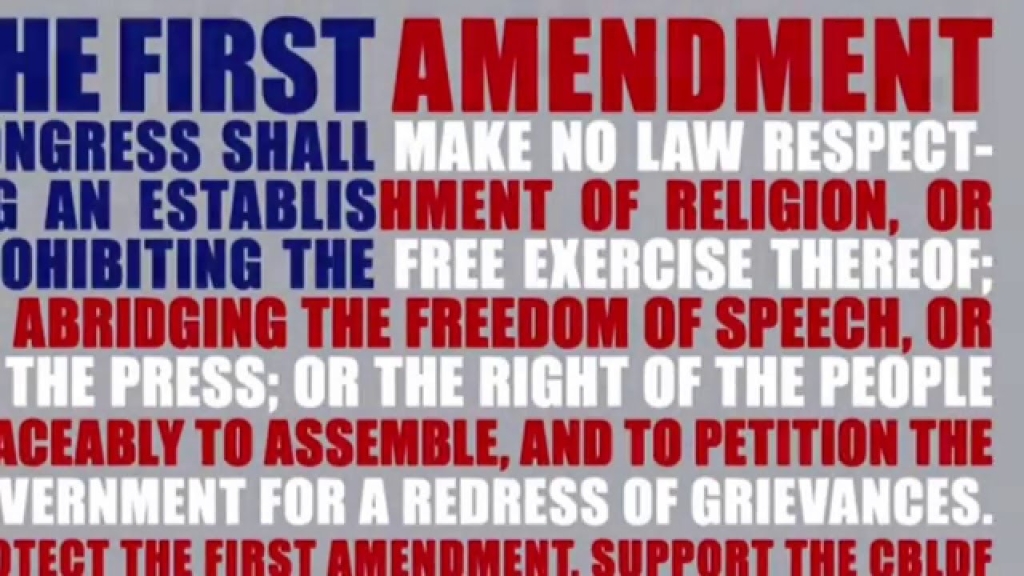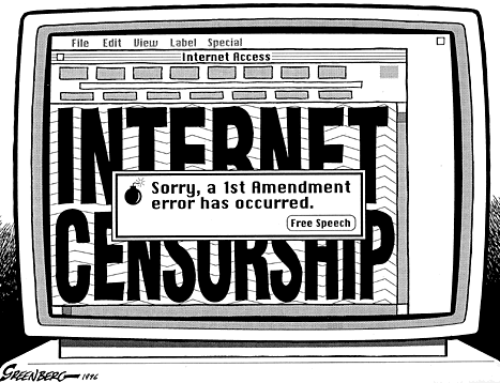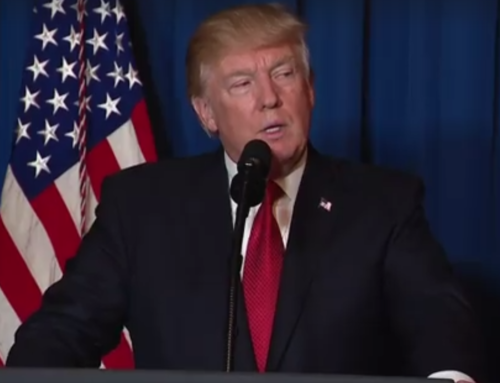The Constitution’s framers intentionally provided the press with broad freedom, believing it necessary to the establishment of a strong, independent (if unofficial) “fourth branch” of the government.
At the end of each month, IWPA’s First Amendment network offers a roundup of free speech discussions trending in the media. Have you read about, or experienced an issue impacting First Amendment rights? Email IWPA1885@gmail.com with your tip.
New poll says free speech is alive on college campuses, but with an asterisk
The First Amendment is supposed to apply to all, but if perception is reality, then there is a racial divide between groups that feel free to exercise their rights and those that feel speech encumbered. According to a new Gallup poll, there also appears to be an age divide. What’s clear is that students are increasingly wary of campus environments less open to the expression of opposing views.
“‘In principle, college students really do favor environments where one can be exposed to all sorts of views,’ the Knight Foundation’s vice president of learning and impact, Sam Gill, said in a phone interview. Yet, 54 percent of the students surveyed said their campuses had less-than-open environments, which prevent colleagues from saying what they believe out of fear of offending people.”
Click the hyperlink above to read more.
Bakers in Oregon are trying to invoke First Amendment rights to deny services to same-sex couples. Aaron and Melissa Klein would like to take their case all the way to the Supreme Court, which already ruled in favor of marriage equality in 2015. The couple was fined by officials in their state for declining to customize a wedding cake for a gay couple. Their specious argument is outlined as follows:
“The Free Speech Clause of the First Amendment does not allow the government to punish an American citizen for declining to express a view on same-sex marriage that contradicts that citizen’s religious beliefs, and the First Amendment’s Free Exercise Clause entitles every American to peaceably live out their faith in their daily lives, including running their own private business in a manner that they believe honors God and demonstrates biblical truth to their community.”
The Supreme Court upholds the right for public employees to voice political opinions
This month, the Supreme Court handed down a 6-2 ruling in favor of a New Jersey cop who alleged he was demoted for carrying a political sign. Jeffrey Heffernan was initially defeated by the 3rd Circuit Court of Appeals, but the SCOTUS Justices disagreed. “The government’s reason for demoting Heffernan is what counts here. When an employer demotes an employee out of desire to prevent the employee from engaging in political activity that the First Amendment protects, the employee is entitled to challenge that unlawful action.”
What do you think? Did the Supreme Court make the right call?
Utah lawmaker tries to equate internet pornography with First Amendment violations
Earlier this month, State Representative Todd Weiler said that Internet pornography violates the First Amendment by delivering content to people who don’t necessarily want it. He got the state’s Governor Gary Herbert to sign a bill into law declaring it “a public health crisis.” Weiler said in an interview “Someone may have the First Amendment right, according to the U.S. Supreme Court, to view pornography, but what about my First Amendment right not to view it?”
Critics say Weiler’s interpretation of the First Amendment is deeply flawed. “The amendment specifically bans laws that prohibit a person’s ability to exercise free speech. It does not, however, ban a person from NOT viewing another’s act of free speech. That’s like saying the amendment protects a pro-choice advocate’s right to never encounter anti-abortion protesters.”
No matter your personal pornography opinions, read the article above and decide if Oregon is overstepping First Amendment policing.







Leave A Comment